


Tirunelveli

The Department of Computer Science and Engineering at the Government College of Engineering,Tirunelveli was formed in 1989. The Department offers B.E, M.E degrees. The Department has state of the art infrastructure and computing equipment supported by high speed Ethernet and wireless networks.The department is well equipped with excellent computing facilities, and has highly qualified faculty specialized in areas like Multimedia Communications, Wireless Networking, Image Processing, Data Mining,Software Engineering, etc.
Our Vision is to realize a Sustainable, Excellent, Research Oriented Computer Science and Engineering Society with Ethical Values.
Our Mission is to
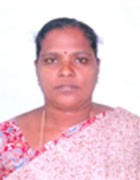 |
Dr. G. Tamil Pavai M.E.,Ph.D.,MISTE Professor(CAS) & Head |
| Area of Specialization | Texture Analysis, Medical Image Processing, Operating System |
| Email ID | tamilpavai@gcetly.ac.in |
| Contact Number | 9442523888 |
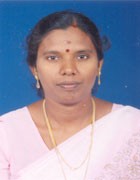 |
Dr. K. Thulasimani, M.E.,Ph.D., MISTE Professor(CAS) |
| Area of Specialization | Video Processing |
| Email ID | thulasimani@gcetly.ac.in |
| Contact Number | 9486939882 |
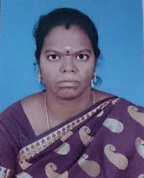 |
Dr. E. Siva Sankari M.E.,Ph.D., Associate Professor |
| Area of Specialization | Data Mining |
| Email ID | sivasankari@gcetly.ac.in |
| Contact Number | 9443909953 |
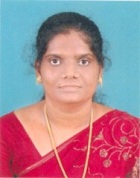 |
Dr. M. Mahil M.E.,PhD., Assistant Professor |
| Area of Specialization | Cloud Computing |
| Email ID | mahil@gcetly.ac.in |
| Contact Number | 9486795160 |
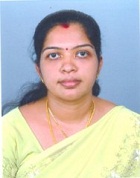 |
Dr.D.Anitha M.E.,Ph.D. Assistant Professor |
| Area of Specialization | Internet Of Things |
| Email ID | anitha@gcetly.ac.in |
| Contact Number | 9487642233 |
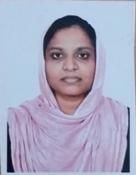 |
Prof.N.Jeenath Laila M.E.,Ph.D.(doing) Assistant Professor |
| Area of Specialization | Web Engineering |
| Email ID | jeenathlaila@gcetly.ac.in |
| Contact Number | 9489367587 |
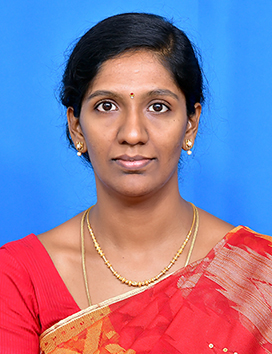 |
Prof.G.Sona M.E.,Ph.D.(doing) Assistant Professor |
| Area of Specialization | Network Security |
| Email ID | sona@gcetly.ac.in |
| Contact Number | 9894876553 |
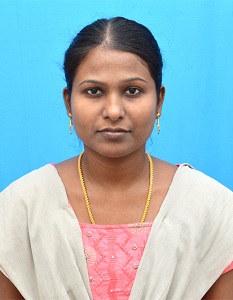 |
Mrs. M. Jeyam M.E., Temporary Assistant Professor |
| Area of Specialization | Network Security |
| Email ID | jeyam.cse@gcetly.ac.in |
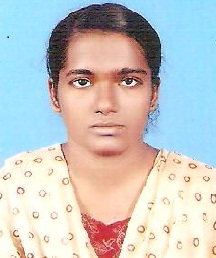 |
Mrs.S.Shibia Malar M.E., Temporary Assistant Professor |
| Area of Specialization | Data Structures and Algorithms |
| Email ID | shibiamalar.cse@gcetly.ac.in |
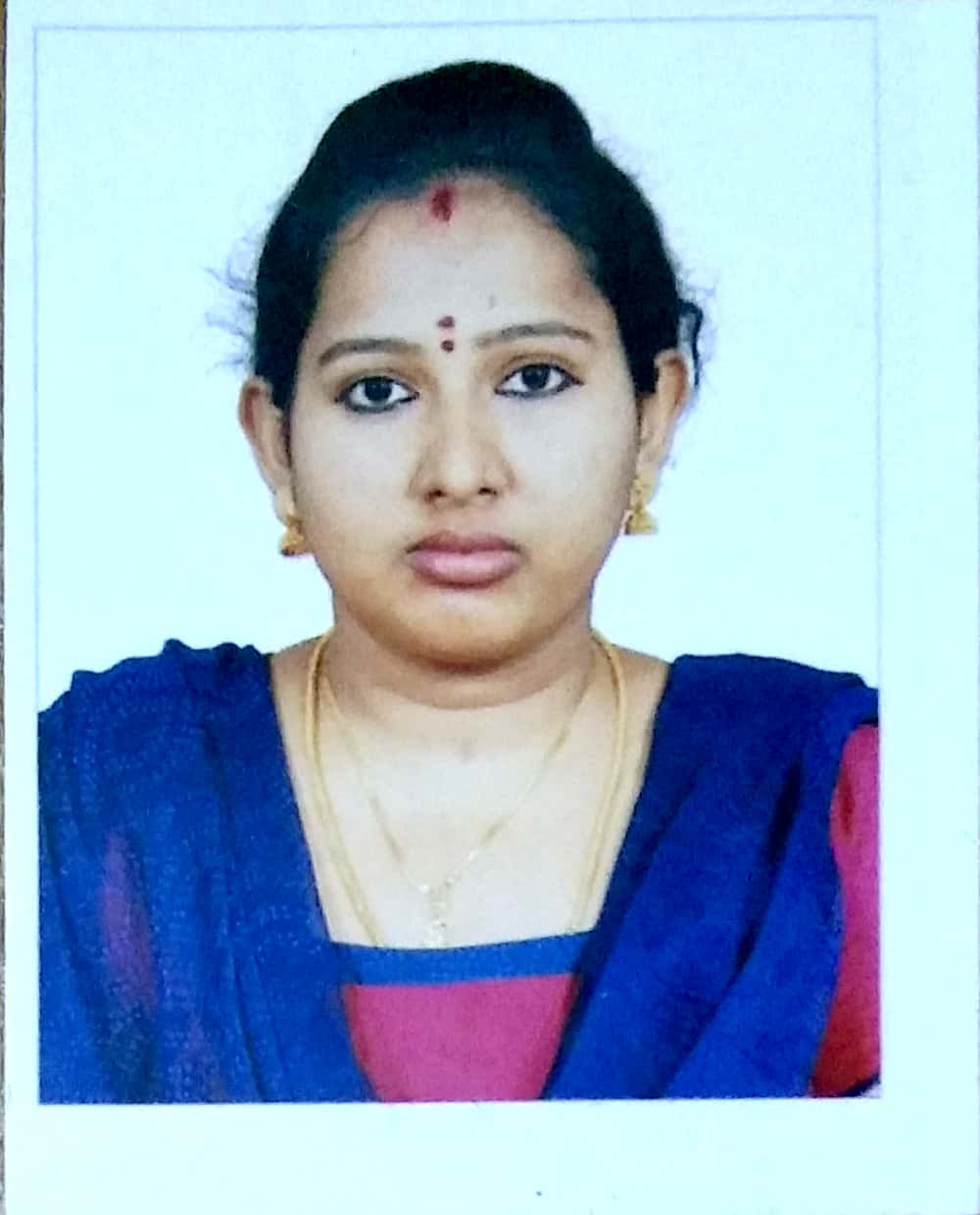 |
Mrs. M.Merlin Sheeba M.E., Temporary Assistant Professor |
| Area of Specialization | Network Security |
| Email ID | merlinsheeba.cse@gcetly.ac.in |
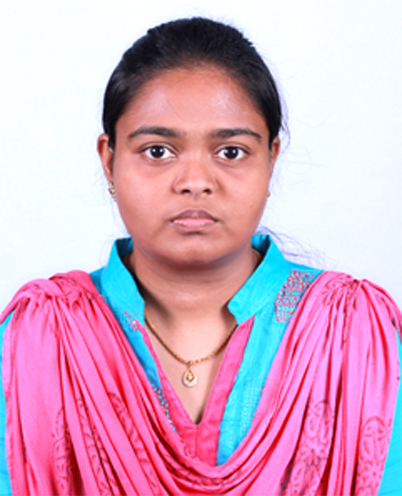 |
Mrs. O. Junia M.E., Temporary Assistant Professor |
| Area of Specialization | Network Security |
| Email ID | junia.cse@gcetly.ac.in |
 |
Ms. P. Deepa M.E., Temporary Assistant Professor |
| Area of Specialization | Operating Systems |
| Email ID | deepa.cse@gcetly.ac.in |
 |
Ms. R. Kowsalya M.E., Temporary Assistant Professor |
| Area of Specialization | Language Processing |
| Email ID | kowsalya.cse@gcetly.ac.in |
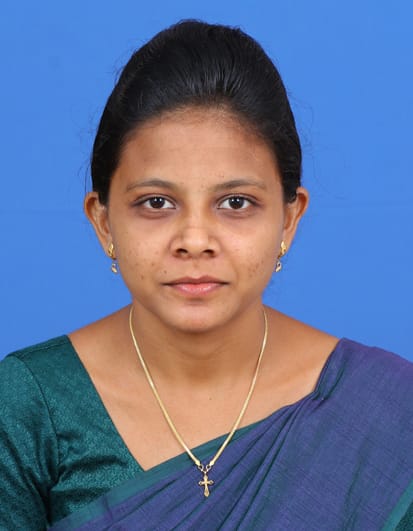 |
Ms. D. Beryl Gifty Monisha M.E., Temporary Assistant Professor |
| Area of Specialization | Networking |
| Email ID | berylgifty.cse@gcetly.ac.in /td> |
The teacher's role is not just to deliver knowledge but to guide learning by using modern technologies to improve education. At Government College of Engineering, Tirunelveli, the faculty is deeply committed to enhancing the quality of the Teaching-Learning Process (TLP) by adopting innovative and student-centric pedagogical approaches. Innovation in Teaching Learning Process benefits the students by gaining a deeper understanding about the subjects and improved critical thinking skills. Moreover, exposure to modern technologies and collaborative projects prepares students for real-world challenges, making them more career-ready and adaptable in a rapidly evolving job market. The faculty of the Department of Computer Science and Engineering has introduced several innovative approaches to deliver high-quality education, both academically and in alignment with industry standards. The key initiatives are outlined below:
This is an annual technical exhibition organized to provide a dynamic platform for students to showcase their innovative ideas, technical knowledge, and project-based Government College of Engineering, Tirunelveli - 627007. Department of Computer Science and Engineering learning outcomes. It encourages students to apply theoretical concepts to practical challenges, promoting creativity, problem-solving, and interdisciplinary collaboration. The event features a wide array of student-developed projects, reflecting current trends and real-world applications. To recognize and reward excellence, the best two projects from each academic year are awarded cash prizes, and all participants are issued certificates of participation, thereby fostering a culture of innovation and motivation among students.

LEAP is an experiential learning initiative that enables engineering students to work on real-world projects through active collaboration and guided mentorship. Under this program, students form multidisciplinary teams identify societal challenges and develop viable working prototypes within defined timeframes and resource constraints. LEAP emphasizes hands-on problem-solving, teamwork, and innovation, thereby aligning academic learning with practical application. Students have successfully developed functional prototypes under the mentorship of industry professionals, Er. Rolland J. Enoch, CEO of Rishon Communication Technologies Pvt. Ltd., Tirunelveli, and Er. Manikandan, contributing meaningfully to both technical competence and social impact.


As a part of an initiative to foster innovation and entrepreneurship among the students, the Directorate of Technical Education, Higher Education Department, Tamilnadu in collaboration with M/S Forge, Coimbatore has established a FAB lab/Makers space named as INNOVATE TN LAB for a period of 5 years from the Academic Year 2023-24 which was funded by TANSIM.
The various services offered by the M/S Forge for the Host institution are


This is a visionary initiative launched by the Government of Tamil Nadu aimed at enhancing the skills, employability, and career prospects of students across the state. The primary objective of Naan Mudhalvan is to bridge the gap between academic learning and industry requirements by offering domain-specific training, soft skills development, aptitude building, coding practice, and career guidance. The program includes partnerships with leading industry players, academic institutions, and skill development platforms to deliver high-quality content, online courses, workshops, internships, and expert mentorship.
Workshops are conducted to provide students with hands-on experience practical knowledge, and exposure to real-world applications beyond the traditional classroom environment. Workshops help bridge the gap between theoretical concepts and their practical implementation, thereby improving problem-solving abilities and critical thinking.


The department actively promotes participation in hackathons, collaborative, time-bound events where students from various domains come together to develop software solutions. These events simulate real-world problem-solving scenarios, encourage innovation, and foster teamwork, creativity, and rapid prototyping. Such experiences play a vital role in building students’ confidence and technical readiness for industry challenges.

Industrial visits play a pivotal role in bridging the gap between theoretical instruction and practical application by exposing students to real-world industry environments. These visits are systematically organized for both UG and PG students to provide them with firsthand insight into current industrial practices, workflows, and emerging technologies. By observing operations within professional settings, students are able to contextualize classroom learning, understand industrial expectations, and explore potential career paths. The primary objective is to enrich academic learning with practical exposure to the corporate ecosystem and technological advancements across various sectors.


Internships serve as a crucial extension of classroom learning, offering students valuable opportunities to acquire practical skills and industry exposure beyond the academic setting. Students are actively encouraged to undertake internships at reputed organizations such as BSNL, WIPRO Technologies, ZOHO Corporation, ICANIO Technologies, and other leading firms. These internship programs allow students to engage in real-time projects, understand professional work environments, and apply their theoretical knowledge to practical challenges. Such experiential learning not only enhances technical and soft skills but also significantly improves their employability and industry readiness.


Seminars and group discussions are integrated into the academic timetable to promote active and participatory learning. Seminars foster self-directed study, research aptitude, and presentation skills, while group discussions help develop teamwork, critical thinking, and communication abilities. These activities play a key role in building leadership qualities and preparing students for real-world professional scenarios.
Subject-specific technical quizzes are organized to sharpen student’s subject knowledge. This adds an engaging and dynamic element to the learning process, making it enjoyable and less monotonous.

The department actively integrates NPTEL lectures into classroom instruction to complement and deepen student’s understanding of core subjects. Faculty members consistently encourage students to enroll in online learning platforms such as NPTEL, SWAYAM which provide access to a wide range of advanced topics beyond the prescribed syllabus. These platforms promote self-paced learning, strengthen conceptual foundations, and help students earn industry-recognized certifications. As a result, learners enhance their subject knowledge, academic depth, and overall employability, while also preparing for higher studies and competitive examinations.
The Government of Tamil Nadu, along with the Higher Education Department, has initiated intensive coaching programs aimed at empowering engineering students with the skills and knowledge required to excel in academics, placements, and competitive examinations.
Expert faculty members, industry trainers, and subject matter specialists are engaged to deliver these sessions through a blend of online and offline modes. The coaching is structured to be student-centric, with personalized mentoring, doubt-clearing sessions, practice assessments, and progress tracking.
Class Objectives help the students to work through the course and to achieve the objectives. Class Objectives are displayed in the classroom to motivate the students to achieve the objectives

The implementation of innovative teaching and learning practices has led to significant improvements in multiple aspects of student development. There has been a notable increase in student engagement, active participation in technical events, and involvement in co-curricular and extracurricular activities. These initiatives have also contributed to enhanced internship opportunities and better placement outcomes. Programs such as LEAP and Tech Expo have played a crucial role in fostering creativity, collaboration, and real-world problem-solving abilities among students. As a result, learners are better equipped with the technical competencies, critical thinking skills, and industry exposure required for successful careers in engineering and technology.
We are proud to announce that Tamilarasan Selvam, a final-year student from the Computer Science and Engineering Department, secured the Third Prize at the prestigious and competitive HACK-A-THON 2025. This remarkable achievement not only highlights his exceptional skills and innovative thinking but also reflects the strong academic foundation and spirit of excellence fostered at Government College of Engineering, Tirunelveli. His success is a source of inspiration for all students, encouraging them to strive for greater heights in their academic and professional journeys.
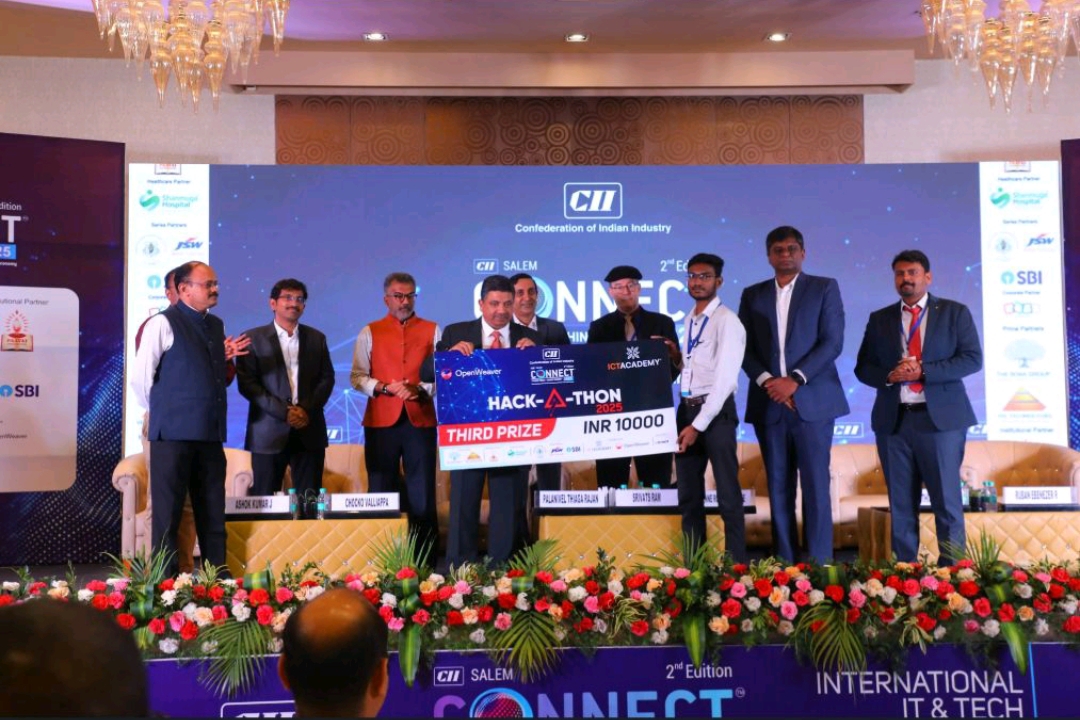
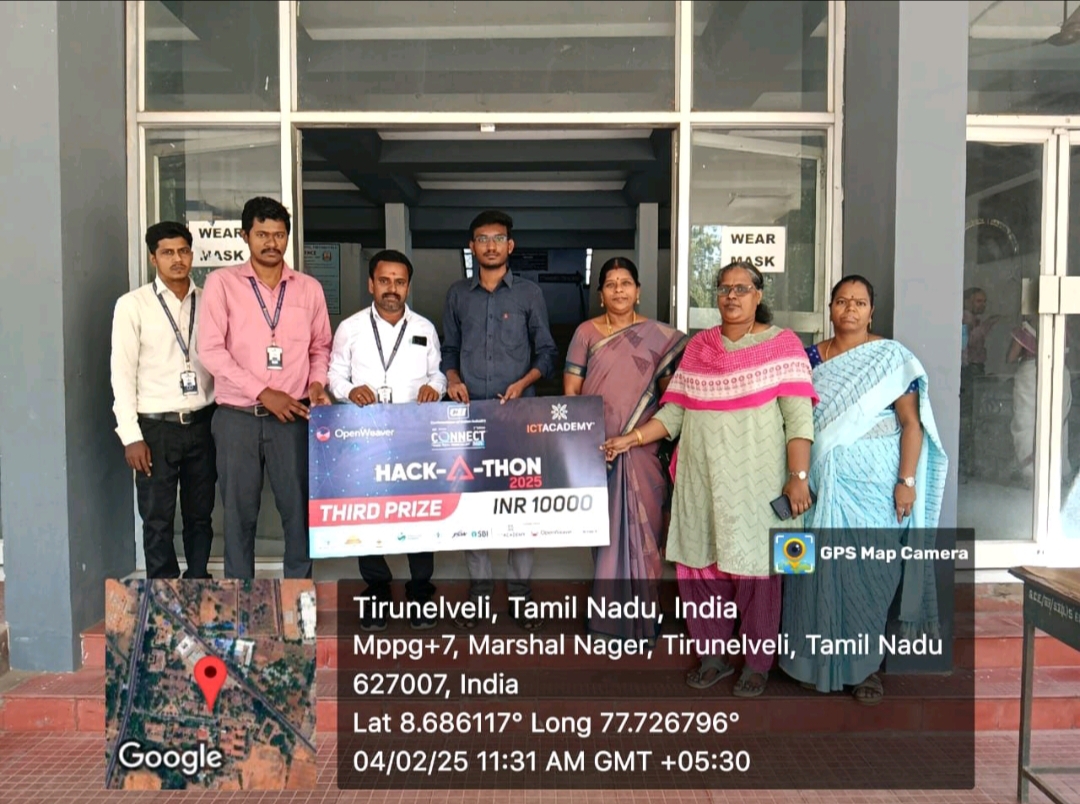
Tamilarasan’s remarkable performance has not only earned him a cash prize of ₹10,000 but also brought immense pride to our institution. His exceptional skills and innovative thinking were on full display as he competed among top talent, further reinforcing the caliber of students from Government College of Engineering, Tirunelveli.
The third year CSE team - Chiristo selva Nimal S, Jeyanthan B, Kannan S, Mary Fency J, Sandhya Kumari and Sanjay Kumar H (Zeros and Ones Warriors) won first prize in Smart India Hackathon 2022 finale held at Talla Padmavathi College of Engineering, Warangal, Telungana and awarded with 1,00,000 cash prize.

Arunbalaji R of III year CSE won cash prize and got 68th rank in Innovative India Coding Championship(IICC) conducted by AICTE and Coding Ninjas in Chandigarh University.
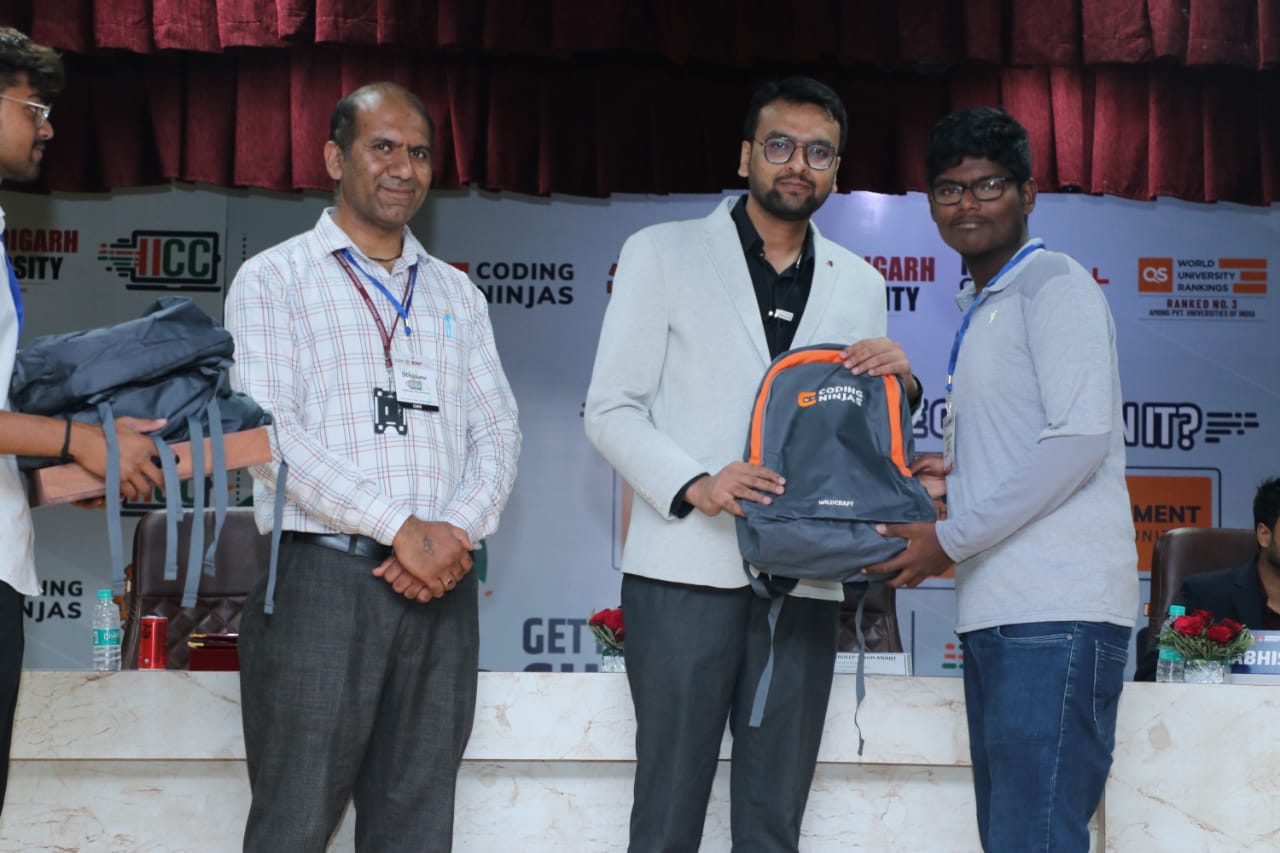
2022-2024(period 2 years)
| S. No. | Name | Position | Designation |
|---|---|---|---|
| 1 | Dr. G.Tamilpavai | Chairman | HOD/Computer Science and Engineering Department, Government College of Engineering, Tirunelveli. |
| 2 | Dr.K.Thulasimani | Faculty Member | Professor,CSE Department,Government College of Engineering,Tirunelveli. |
| 3 | Dr. M. Mahil | Faculty Member | Assistant Professor,CSE Department,Government College of Engineering,Tirunelveli. |
| 4 | Dr. E. Sivasankari | Faculty Member | Assistant Professor,CSE Department,Government College of Engineering,Tirunelveli. |
2022-2024(period 2 years)
| S. No. | Name | Position | Designation |
|---|---|---|---|
| 1 | Dr. G.Tamilpavai | Chairman | HOD/Computer Science and Engineering Department, Government College of Engineering, Tirunelveli. |
| 2 | Mr.S.Rajasekaran | Director | Icanio Technology Labs Pvt.Ltd.,(Near New Bus Stand), Tirunelveli - 627007 |
| 3 | Mr.A.Aathavan | Alumni | Member Technical Staff(backend developer),Zoho Technologies Pvt Ltd,Tenkasi |
| 4 | Mr.M.Aravind | Alumni | Software Engineer,Ford Motor Pvt Ltd,Chennai |
| 5 | Mr. Elango Subramanian P | Parent | Sales tax govt (commercial tax),Madurai- 625007 |
| 6 | Dr.K.Thulasimani | Faculty Member | Professor,CSE Department,Government College of Engineering,Tirunelveli. |
| 7 | Prof. D. Anitha | Faculty Member | Assistant Professor,CSE Department,Government College of Engineering,Tirunelveli. |
| 8 | Dr. M. Mahil | Faculty Member | Assistant Professor,CSE Department,Government College of Engineering,Tirunelveli. |
| 9 | Prof. N. Jeenath Laila | Faculty Member | Assistant Professor,CSE Department,Government College of Engineering,Tirunelveli. |
| 10 | Dr. E. Sivasankari | Faculty Member | Assistant Professor,CSE Department,Government College of Engineering,Tirunelveli. |
| 11 | Prof. G. Sona | Faculty Member | Assistant Professor,CSE Department,Government College of Engineering,Tirunelveli. |
| 12 | Priya M | Student | CSE Department,Government College of Engineering,Tirunelveli. |
| 13 | Sanjaykumar H | Student | CSE Department,Government College of Engineering,Tirunelveli. |
| 14 | Sri Aishwarya E | Student | CSE Department,Government College of Engineering,Tirunelveli. |
Name of the Labs Available
Copyright 2021 © GCE - Dept of CSE | All Rights Reserved.